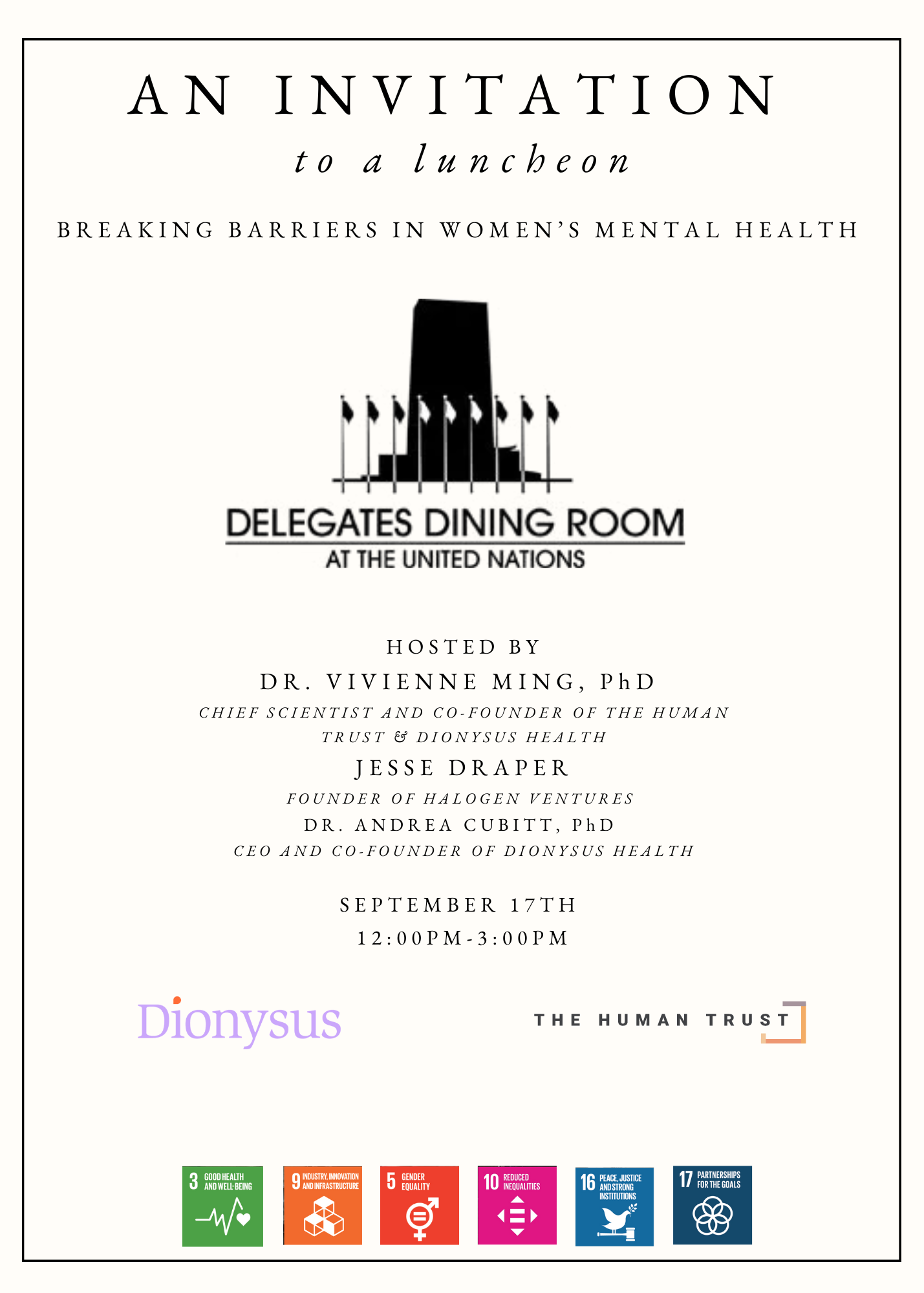Emulated Behaviors

This week we look at role models and crutches.
<<Support my work: book a keynote or briefing!>>
Want to support my work but don't need a keynote from a mad scientist? Become a paid subscriber to this newsletter and recommend to friends!
Research Roundup
Crutches Cost
Be careful what you wish for, case #172,864,762,345,872: AI tutors.
I’ve previously shared research on AI tutors harming learning. Now a new study specifically looks at GPT. While students using an LLM tutor show a “48% improvement” in performance (very similar to worker boosts reported in other papers), “students actually perform [17%] worse than those who never had access” to GPT when the tutor was taken away.
The good news is that AI tutors “designed to safeguard learning” (e.g. NEVER give students the answers) mitigated negative effects—though we should aspire to more than AI producing no effect.
What about outside of the classroom, say on the (metaphorical) trading floor? Leveraging “ChatGPT outages to investigate” investor reliance on LMMs revealed “significant decline in stock trading volume” when ChatGPT went down, with increased impact “for firms with corporate news released immediately before or during the outages”. The AI seems to increase “long-run stock price informativeness”, but likely reduces human capacity to make these judgments.
I launched my first company to build AI tutors. I believe in the potential. Don’t waste it with lazy AI.
Be the Person You Want Your Children to Be
My grandfather was a sharecropper in rural Kansas. My father was a doctor in coastal California. That is a huge change, but my father was also the smartest kid in the entire state of Kansas when he graduated highschool (early) in 1957. Who could he have been with the launchpad my father gave me?
Looking at intergenerational economic mobility of 57 million children over the last 40 years, poor kids increasingly stay poor and rich kids stay rich, “increasing earnings gaps by parental income (“class”) by 30%.” Wonderfully, the White-Black earning gaps have decreased by 30% over the same period. “Class gaps grew and race gaps shrank similarly for non-monetary outcomes such as educational attainment, standardized test scores, and mortality rates.”
Why? “Outcomes improve across birth cohorts for children who grow up in communities with increasing parental employment rates, with larger effects for children who move…at younger ages.” The parental employment rates of peers drive these role modeling effects—peers my father had little access to in Hardner, KS.
But I can say with certainty that Grampa Smitty gave my father something equally valuable: courage to do what is right. Using EEG to analyze the neural correlates of costly moral actions reveals that “parents’ values about justice influence their children’s early neural responses to third-party harm and their overt costly intervention behavior”. In other words, kids practice courage with their parents.
My father always felt he’d underachieved his potential, but he gave me an astonishing start in this world. Now it’s my responsibility to share this with every child.
Weekly Indulgence
I’m hosting a party at the UN! But it has the worst theme: “Breaking Barriers in Women’s Mental Health” …or maybe it’s the best theme or at least one that has been ignored for too long. Please come support my work on postpartum depression, healthy online spaces, and even the transformative value of women’s entrepreneurship.
— —
You are invited to a special luncheon on September 17th, 2024, at 12:00 PM, hosted at the United Nations Delegates Dining Room: “Breaking Barriers in Women’s Mental Health”. This event, organized by The Human Trust and Dionysus Health, is dedicated to addressing critical issues surrounding women’s mental health and exploring collaborative solutions to enhance mental health services globally.
We are honored to announce that Jesse Draper, founder of Halogen Ventures, will be our keynote speaker. Jesse’s unwavering support for women-led businesses and her commitment to mental health advocacy make her an empowering voice for this vital conversation.
This luncheon will bring together leaders from healthcare, policy, advocacy, research, and more, with the goal of sharing knowledge, identifying challenges, and developing actionable strategies to improve mental health outcomes for women worldwide. Please reach out to Conor Arevalo at carevalo@charitybrands.com, for details. We look forward to your presence and hope that you or a member of your team can join us for this impactful event.

Stage & Screen
- September 8, Athens: ESOMAR
- September 17, NYC: The Human Trust & Dionysus are taking over the UN!
- September 26, Wyoming: Tetons Leadership Counsel
Upcoming this Fall (tentative)
- October 9-10, NYC: 2 events in one–I'm back at the UN speaking at GlobalMindED and then receiving StartOut's Trailblazer Award
- October 23, Toronto: Let's spend the day together at Metropolitan University's Future of Work conference
- October 28-30, Rome: Are you as shocked as I that this is my first ever visit to Italy? I'll be talking AI and Humans for the UN.
Find more upcoming talks, interviews, and other events on my Events Page.
If your company, university, or conference just happen to be in one of the above locations and want the "best keynote I've ever heard" (shockingly spoken by multiple audiences last year)?
SciFi, Fantasy, & Me
I enjoy reading John Scalzi’s books, and I also enjoyed this little bit of literary criticism, “Hollywood Totally Lied to Us About AI: Why Cinematic Cyborgs Are So Much Smarter Than What We Have in the Real World”. He does not actually believe that Hollywood lied to us but rather rightly (so says I) points out that AI in our stories largely plays the same role of mythic force as angels and demons played in the past. (I’ve said the same with less elegance myself.)
My point of departure between us: modern AI truly is artificial intelligence. But, it is just one facet of the messy intelligence we humans possess: statistical learning. Far beyond a simple regression, both the human brains and these massive AIs can learn patterns in the world that vastly outstrip our explicit awareness. What is fascinating from a comparative standpoint is just how far pure statistical learning can get you—how many accomplishments of humanity can be replicated by this alone. Also fascinating: the subtle yet profound transformation of intelligence provided by those other facets—agency, preference, model-based learning, and more.
Vivienne L'Ecuyer Ming
| Follow more of my work at | |
|---|---|
| Socos Labs | The Human Trust |
| Dionysus Health | Optoceutics |
| RFK Human Rights | UCL Business School of Global Health |
| Crisis Venture Studios | Inclusion Impact Index |
| Neurotech Collider Hub at UC Berkeley | GenderCool |